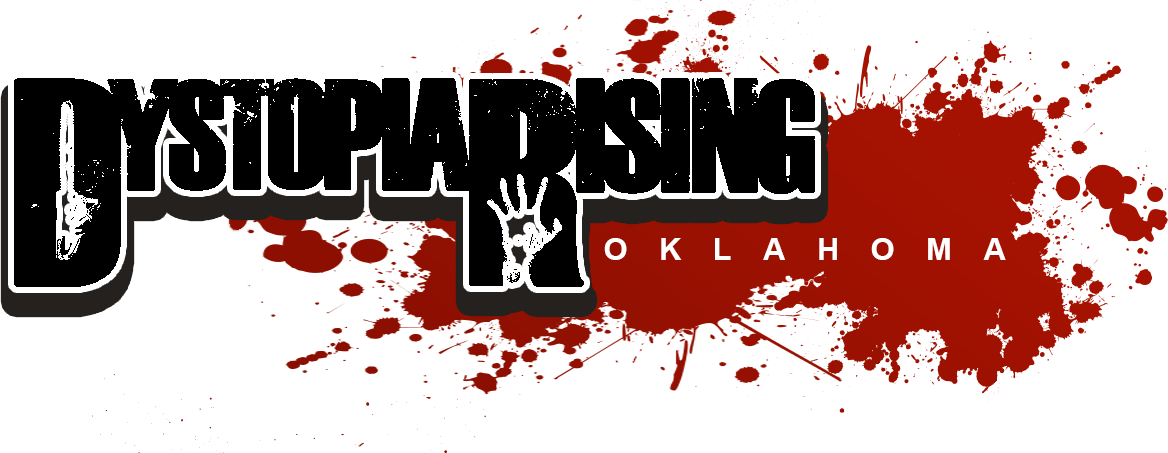Best Practices for Guides (Professionalism)
As a member of the DROK Guide team, there are a number of privileges that come with that, and we’ve had a few questions pop up so Xoje put this together to help make it clearer what your options and expectaitons are in these circumstances.
Useful Links
Community Guidelines 3.0 Dated: February 2019
Community Action Points (CAPs)
Invite Link: https://discord.gg/tUsHrMJ2Y5
Working Together
Scheduling
Please prioritize starting and ending scheduled shifts on time. If you are running late for the beginning of a shift, please make sure you let Xoje or Will know so that they can relieve the person on shift before you. If you are running late at the end of a shift, find a way to check in with anyone being held long, and release those who wish to leave or who have other commitments.
Team Communication
Different people have different skill sets, so sometimes guide roles may include overlap to allow folks flexibility in their work styles. If you feel like there is an uncomfortable overlap or gap in responsibilities, reach out to your fellow guide and set up a working agreement with them so you know what to expect when you are on shift together. This collaborative attitude also applies to in-character conflict. As guides, it is important to use healthy conflict resolution through steering, mediation, etc. If you aren’t sure how to handle a conflict with another guide, feel free to reach out for help finding a constructive strategy. Never try to “punish” another player through in-character actions; instead, reach out to find a way to either steer around or resolve the conflict out-of-character.
Cross-Chapter Communication
Just as different guides have different work styles, so do different chapters. While you are in official DR spaces, you will be considered an authority on the game by other players, including new players and travelers. In discussing differences between chapters, try to focus on what DROK *is* rather than what other chapters are not. This will help folks get more familiar with our story and style, and prevent feelings of exclusion. While your subjective opinions of other players and chapters are valid and welcomed, the appropriate place for those opinions is in personal conversation and event feedback. Please remember that everyone else working on Dystopia Rising is also doing it out of their love of the game, and while we might disagree on implementation, we share the goals of having well-organized documentation, enjoyable events, and a healthy community.
Correcting Players
Imminent Danger
If any player is in imminent danger, either give clearly specified out-of-character instructions to anyone involved to reduce the danger, or if applicable, get to safety yourself and call 911. Do your best to make sure Will or Xoje knows what is going on as soon as possible. Player safety always comes before immersion.
Unsafe Behavior
If a player is engaging in behavior that is unsafe for themself or someone else, calmly interrupt the situation and ask for a sheet check from everyone present. While privately checking sheets of the players involved, give a verbal warning to the player engaging in the unsafe behavior, and gently check in with others to see if they need any assistance. Make sure to send a written message to Xoje documenting the verbal warning.
Coaching
If a player is doing something incorrectly that does not have a direct negative effect on the safety of other players, find a moment to pull them aside and gently explain the correct procedure. Record this as a “Coaching” on the topic you clarified, either on their sheet or by sending a written message to Xoje.
Warnings
If a player has been coached on a topic and is still doing that thing incorrectly, you may coach them again or give a verbal warning, based on your best judgment. Make sure to send a written message to Xoje documenting whichever option you choose.
Deescalation
In your interactions with players, always focus on deescalating negative effects of a situation, rather than pursuing or punishing wrongdoing. If you feel that action still needs to be taken after a situation has been deescalated, let Will or Xoje know the situation so they can review any necessary context and escalate to the appropriate level.
NDA Content
Story
There are a couple of primary reasons for story content to be kept within the staff team. First, this makes sure that players have equal opportunity to engage with that plot once it goes into play. If some players know what’s coming through a friend who is on staff, it can make other players feel left out. Second, it helps prevent players from being disappointed if content is changed before being put into play. Only creating hype based on fully approved content helps make sure players get the game they’re excited for. In addition, some content is protected by intellectual property laws, and could cause legal problems if it is published through an unapproved method. Finally, some content may be designed to be put into play in a subtle way, and discussing it with players who could become involved might undermine the puzzle or emotional impact of the content.
Logistics
While most logistical content is not directly protected by an NDA contract, it is still important to keep track of what information you can bring into play. For example, if you have done a sheet check and know that another player has a particular amount of Body, it’s important to keep that to yourself, since there is a mechanical skill that should be used to reveal that information in-character. If you aren’t sure whether you know something due to an in-character revelation or an out-of-character interaction, play it safe and find out the information in-character before acting on it.
